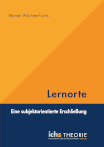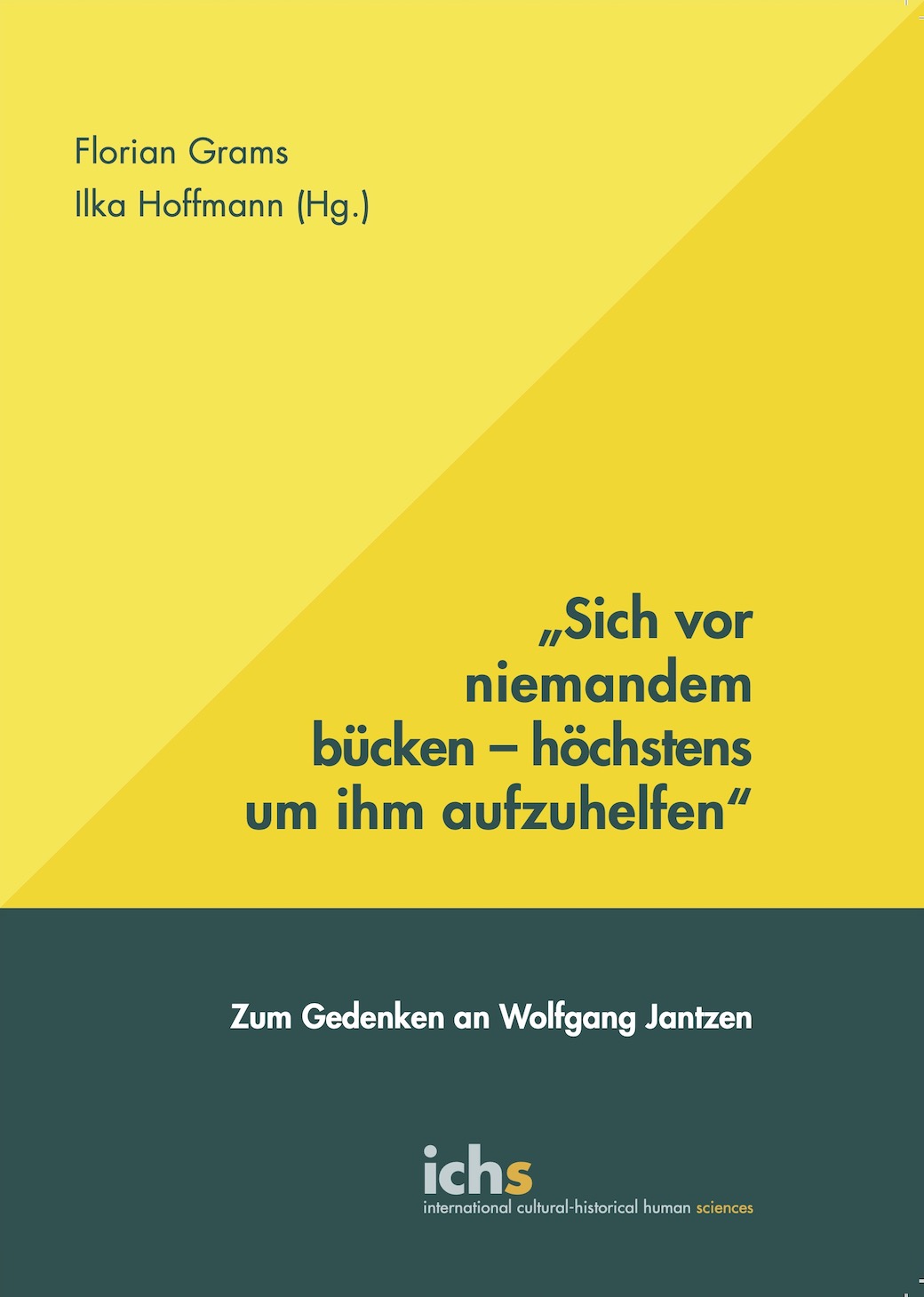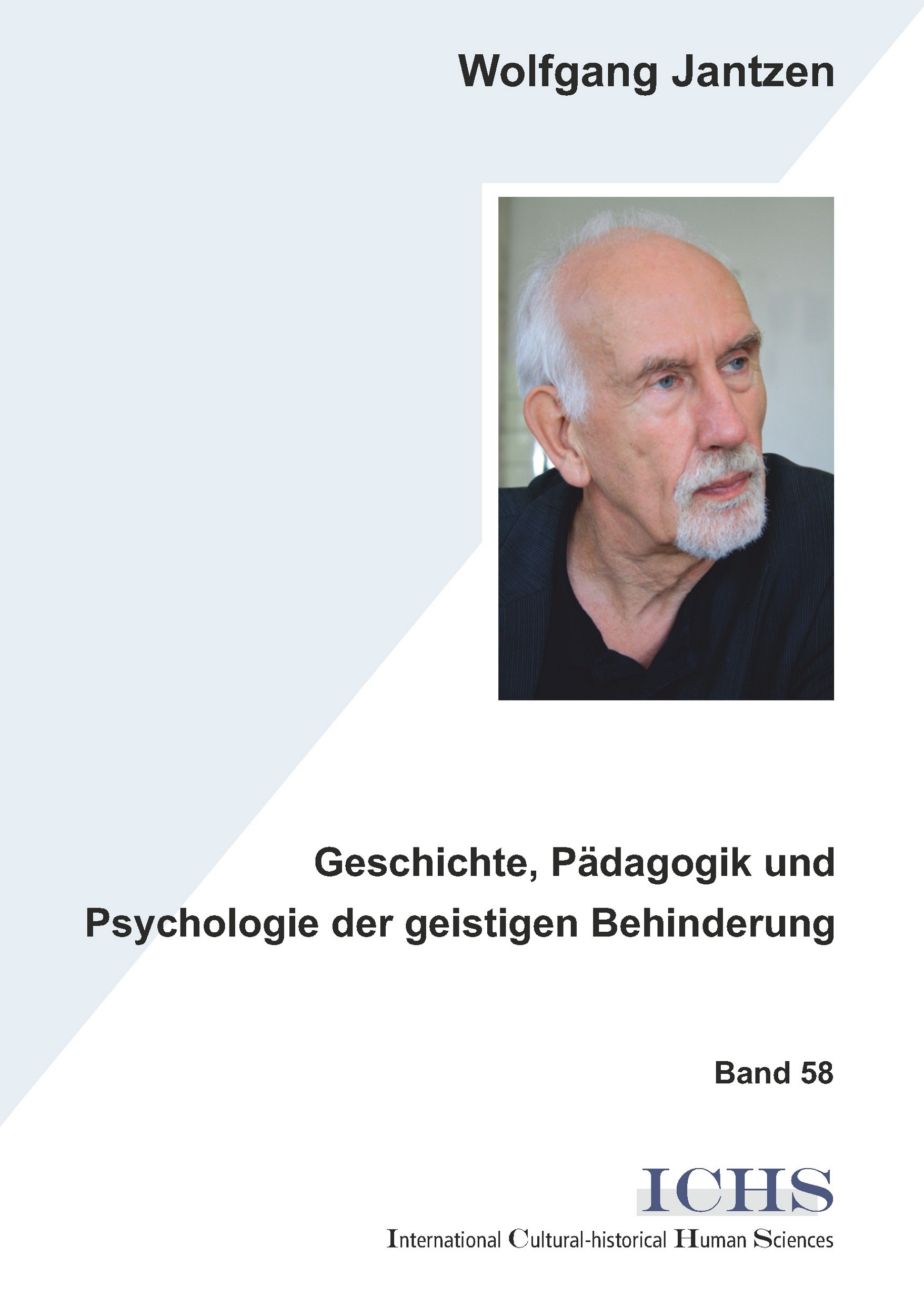Heft 5 |
Contributions to Cultural-Historical Psycholinguistics
Editorial
Cultural-historical psychology as it was developed in the 1930s by L.S. Vygotsky, A.N. Leont’ev, and A.R. Luria addresses the psychological development and dynamics of the societal individual. This approach understands the individual mind and psyche in relation to forms of social activity in common practices. As proposed by the theory of activity (e.g. Leont’ev 1978), human activity typically employs mediational means in order to reach the goal of an actual action. Within a complex system of actions and means we can discern one specific means pertaining to an outstanding activity pervasive in human societies: the language activity. The verbal symbol is the specific mediational means for diverse communicative and sociopsychological activities. Cultural-historical psycholinguistics focuses specifically on language activity in its relationship to social or interpsychological as well to individual or intrapsychological processes. Hence cultural-historical psycholinguistics is interested in the “work of language”, in its power for social as well as individual development and dynamics, such as for instance in language acquisition, in dialogic exchanges, in writing and reading, and in problem solving via talking. The basic starting point of culturalhistorical psycholinguistics is language activity.
It is worth noting that an explicit focus on language in the framework of activity theory is rare, and language is foremost addressed within pedagogical theories. Moreover, psycholinguistics (as founded in the 1950s in the USA) is traditionally a cognitive science (Knobloch 2003; Rehkämper 2003) in which language is seen as an object of cognitive processing. The prevailing method of investigation in this approach is the experiment in which language is removed from social contexts. In contrast, cultural-historical psycholinguistics understands language as means of communicative and psychological processes; it highlights its social nature and formative power. Hence, the individual is not treated as isolated, self-contained cognition, but as a socially organized, that is, as a related and positioned individual involved in a diversity of activities (see also O’Connell & Kowal 2003). These activities are situated, they are culturally and historically specific. Therefore, higher psychological functions (e.g., logical memory, voluntary attention, verbal thinking, creative imagination, foresight, see Vygotsky 1931/ 1997, p. 6-7) and consciousness emerge socially within language activity. Cultural-historical psycholinguistics claims to relate systematically theory, empirical work, and reflection on both in a cyclic process. The empirical work conducted within this framework is hereby specifically concerned with the definition of adequate units of investigation permitting “a synthetic analysis of the complex whole” (Vygotsky 1934/ 1987, p. 48) and acknowledges the basic social character of the human mind. Therefore, the unit of investigation has to be means of both social interaction as well as higher psychological functions. The aim of the present issue is to present theoretical as well as empirical contributions to cultural-historical psycholinguistics, all recently developed at Ludwig-Maximilians-University, Munich (Germany). The authors’ common point is the dynamics of the vivid, other-addressed language activity, be it in oral or in written forms. We begin with two articles that provide the basis for a detailed notion of cultural- historical psycholinguistics. Bertau’s contribution presents a theoretical framework for cultural-historical psycholinguistics. This construction, elaborated in a historical- conceptual reflection, is organized in axioms; it addresses language as an activity of socially organized and self-other positioned individuals. As otherness and dialogicality are core notions to Bertau’s concept of language activity, she proposes a psycholinguistic approach based on alterity (Bertau 2011). Starting with foundational theoretical reflections, Werani’s contribution goes a step further into the empirical study of inner language activity in connection to higher psychological functions. Thus, Werani first outlines three primary elements of cultural-historical psycholinguistics: (1) the role of social activity, (2) the dialectical principle of development, and (3) the topic of speech and higher psychological functions. Werani then presents her empirical study on inner speech (Werani 2011), specifically addressing speech profiles in problem solving. These speech profiles are connected to what Werani calls speakingthinking- types, hence indicating crucial differences in the way individuals use language when thinking, and highlighting the quality of problem-solving speech.
The following two contributions investigate the process of writing. Karsten starts with the specific dialogic and social perspective on language observable in Vygotsky and in three of his contemporary researchers: Jakubinskij, Bakhtin and Voloshinov. It is noteworthy that all of these authors include written language in their reflections.
In her analysis of a case study, Karsten draws specifically on Bakhtin’s notion of the chronotope (Bakhtin 1937–1938/1981) that she relates to the method of autoconfrontation. The dynamics of the writing process is approximated through specific refractions, highlighting the role of language activity in writing. Surd-Büchele’s investigations aim at understanding the role of writing for thinking. The point of entry for Surd-Büchele is Vygotsky’s notion of ‘written speech’ (1934/ 1987), a notion that is understood as emphasizing the addressivity of writing on the one hand, and the genuine relationship between inner and outer forms of speech on the other hand. Based on her empirical study of paper and online diaries, Surd-Büchele develops a model of writing-thinking-relations that permits – in analogy to Werani (2011) – to differentiate between so-called writing thinking-types. The two closing contributions are devoted to language acquisition. Against the background of the current debate on language education for young children in Germany, Sens discusses the need for an approach in the perspective of cultural-historical psycholinguistics. This approach acknowledges the fundamental situatedness and dialogicality of any language activity, it emphasizes relations, interactions, and dialogues between the children and their caretakers, and it underscores their common practices as fundamental to children’s overall development. Sens underscores that this approach demands from the childcare providers a high level of professionalism that includes a thoughtful reflection of their own language activity. Finally, Epping relates ethnological methods with cultural-historical psycholinguistics, aiming for a better understanding of child language acquisition in an institutional context, the German Kindergarten. Epping presents field observations focusing on the way in which children of different cultural and linguistic backgrounds create a basis for their shared activities. On this basis, Epping discusses different ethnological methods and concludes that the combination of fieldwork with narrative interview seems to be a promising way to enhance cultural-historical investigations of the language acquisition process.
The articles of this issue point at the broad range of psycholinguistic research questions which are addressed from a cultural-historical standpoint. In our opinion, the present contributions make it clear that language activity is of utmost importance to higher psychological functions, to their formation in ontogenesis as well as to their dynamics in microgenetic processes performed by adults. Hence, it is our hope that this issue is a convincing plea for cultural-historical psycholinguistics: indeed, languageactivity is central to human activity.
Das komplette Heft als PDF-Datei
Inhalt
- Introduction
Acknowledging Language in the Cultural-Historical Framework
download - Marie-Cécile Bertau
Language for the Other: Constructing Cultural-Historical Psycholinguistics
download - Anke Werani
Investigating Inner Speech and Higher Psychological Functions through Speech Profiles
download - Andrea Karsten
Chronotopes in Writing - Excerpts from a Case Study
download - Stefanie Surd-Büchele
On the Relations Between Writing and Thinking
download - Andrea Sens
Let’s Do Language With Each Other! Looking at a Language
Education Approach from a Cultural-Historical Perspective
download - Clara Epping
Ethnological Methods in Cultural-Historical Psycholinguistics
download







 Lernorte.
Eine subjekt- orientierte Erschließung
(International Cultural-historical Human Sciences,
hrsg. von T. Hoffmann, J. Steffens, Bd. 60)
Lernorte.
Eine subjekt- orientierte Erschließung
(International Cultural-historical Human Sciences,
hrsg. von T. Hoffmann, J. Steffens, Bd. 60) "Sich vor niemandem bücken – höchstens um ihm aufzuhelfen"
Zum Gedenken an Wolfgang Jantzen
"Sich vor niemandem bücken – höchstens um ihm aufzuhelfen"
Zum Gedenken an Wolfgang Jantzen Geschichte, Pädagogik und Psychologie der geistigen Behinderung
Geschichte, Pädagogik und Psychologie der geistigen Behinderung